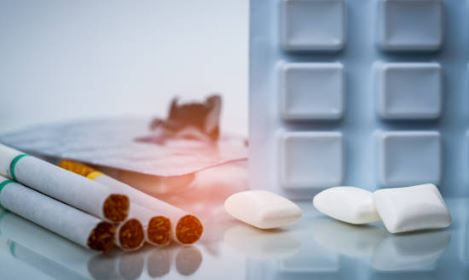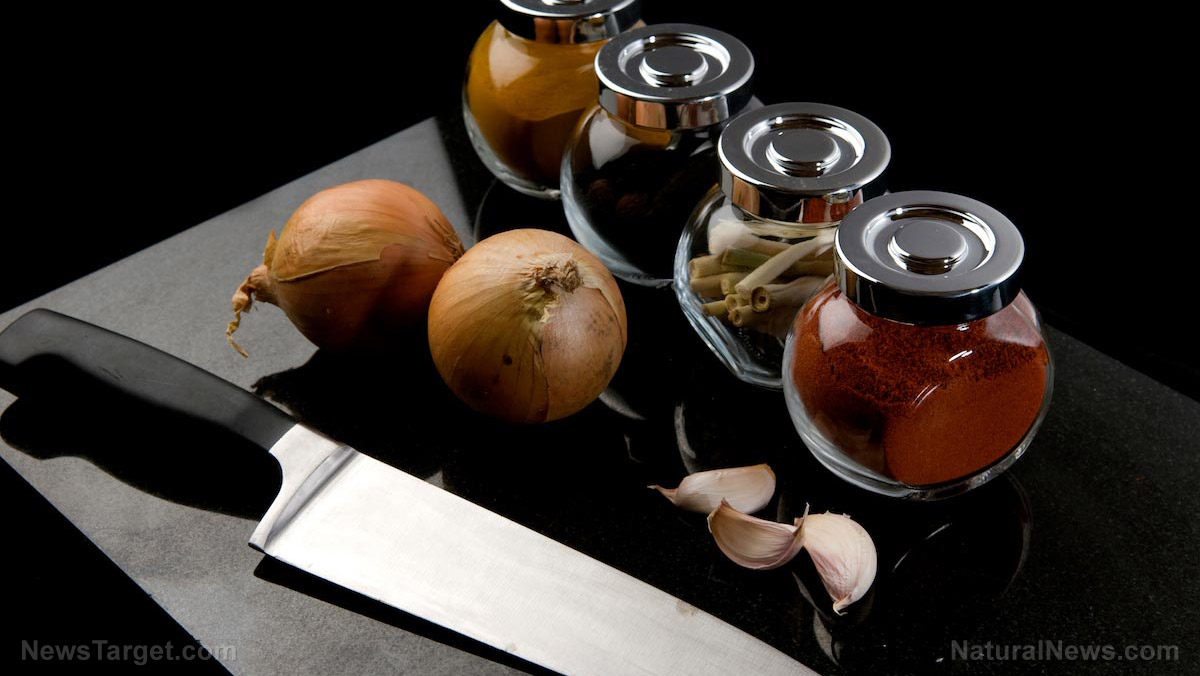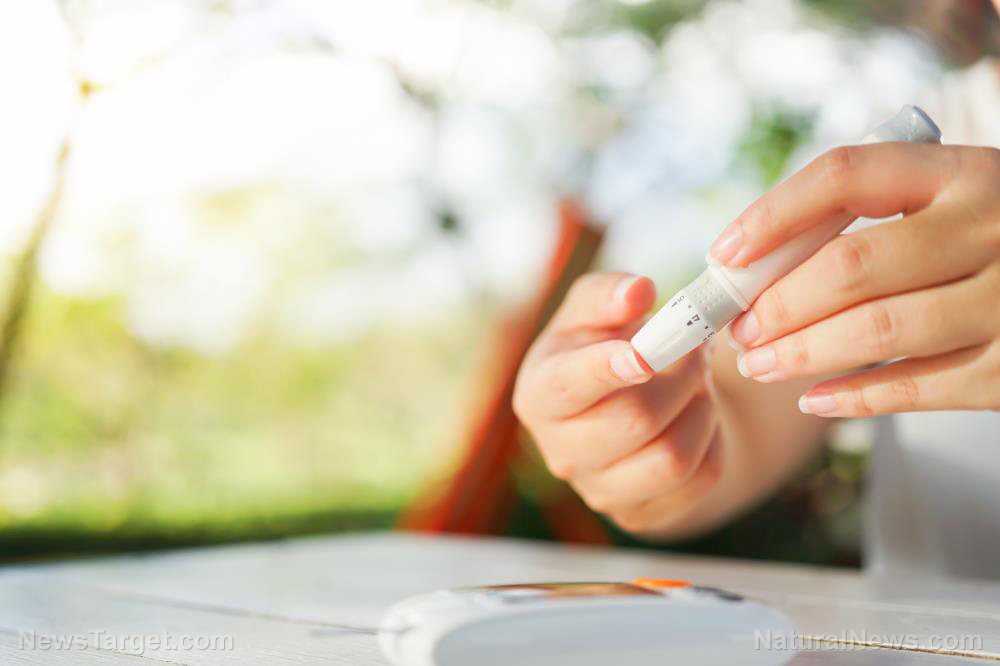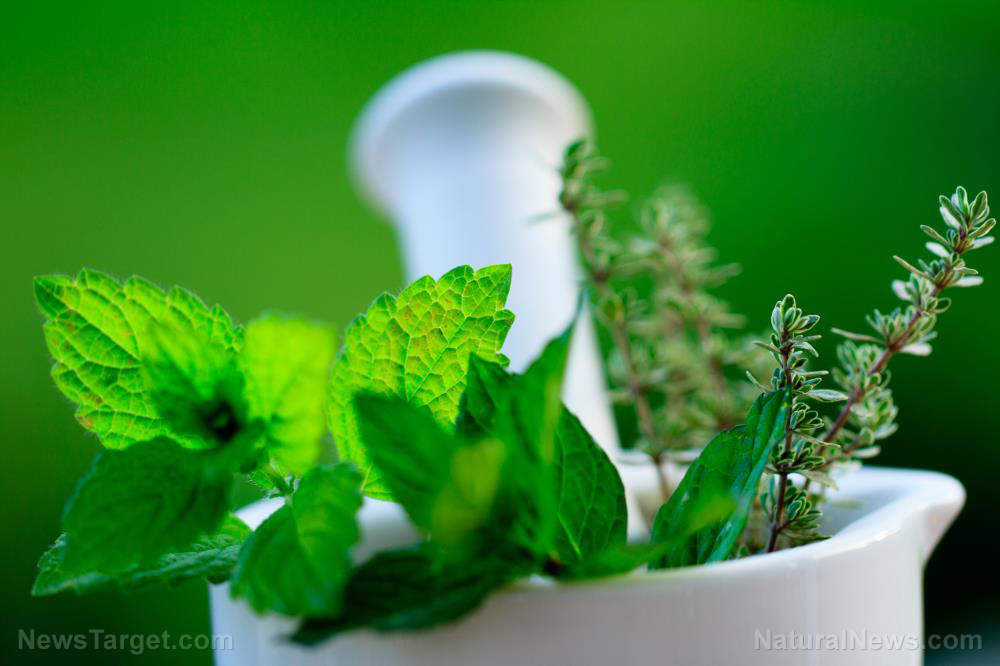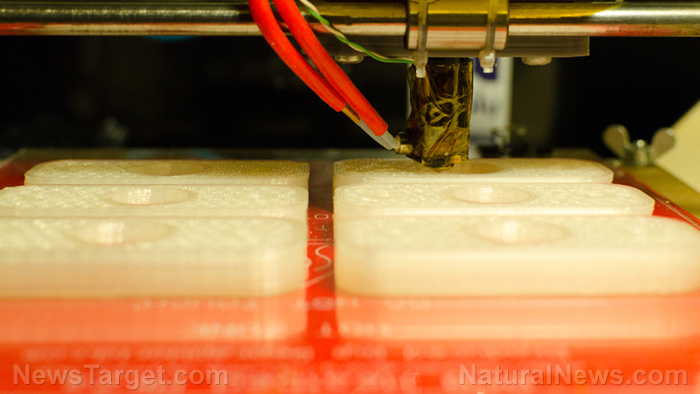Traditional Asian remedy can help prevent damage caused by a high-fat, high-cholesterol diet
10/26/2018 / By Ellaine Castillo

Food doesn’t always bring joy to people’s lives. The wrong types of food — especially those that are rich in fats and cholesterol — can spell bad news for many, especially by way of causing diseases. One condition that is commonly associated with high fat and high cholesterol diet is insulin resistance. Patients suffering from insulin resistance should be given appropriate treatment immediately to prevent it from progressing into cardiovascular disease or diabetes. Nowadays, natural products are preferred over prescription drugs since they are just as effective and they do not have harmful side effects. According to a group of researchers from Universiti Putra Malaysia, Sabah snake grass (Clinacanthus nutans) is a potential treatment against insulin resistance caused by a high fat and high cholesterol diet.
People who eat a lot of fatty and high cholesterol foods end up having enlarged adipose tissue. This causes an increased production of adipocytokines involved in regulating insulin resistance and lipid metabolism. Adipocytokines can induce insulin resistance by either inhibiting insulin binding or interfering with insulin signaling pathways.
The Sabah snake grass is a commonly used medicinal herb that has been shown to have many beneficial properties. These include hypoglycemic, antioxidant, anticancer, and anti-inflammatory properties. It is commonly used in countries like Malaysia, Thailand, and Indonesia for treating diabetes, reducing cholesterol, and preventing cancer. Based on these properties, the Sabah snake grass was hypothesized to be effective against high fat and high cholesterol diet-induced insulin resistance.
In this study, which was published in the BMC Complementary and Alternative Medicine, the effects of extracts from Sabah snake grass were determined on rats that were given a high fat and high cholesterol diet. The effects were evaluated based on body weight and the presence of insulin resistance biomarkers.
Researchers observed that treatment with Sabah snake grass extracts prevents the rats from gaining weight. This effect was observed to follow a dose-dependent manner. The researchers also observed that elevated levels of insulin resistance biomarkers caused by high fat and high cholesterol diet were significantly reduced in rats treated with the extracts, following a dose-dependent manner.
In addition to the effects of the extracts on the rats, the composition of the extracts was also analyzed. The major phenolic acid component found in the extract was identified to be protocatechuic acid. Studies have shown that this compound promotes insulin signaling in adipose tissue, which counters the effects of fats and cholesterol on insulin activity. Chlorogenic acid was also detected in the extracts. This compound also prevents insulin resistance since it promotes insulin activity in a manner similar to the prescription drug metformin.
Based on these results, it can be determined that Sabah snake grass is able to treat insulin resistance by preventing fats and cholesterol from altering insulin signaling genes. The observed effect of Sabah snake grass can be attributed to the presence of phenolic compounds, namely protocatechuic acid and chlorogenic acid. This proves that Sabah snake grass is a potential treatment for high fat and high cholesterol diet-induced insulin resistance. However, the best solution to insulin resistance and other diseases associated with this type of diet is still to avoid fatty and cholesterol-rich foods. (Related: PROVEN: Scientists say a high-fat diet is nutritionally poor and raises the likelihood of disease.)
Remedies for insulin resistance
Aside from using Sabah snake grass, the following ways can also remedy insulin resistance:
- Sleeping — Previous studies have shown that not getting enough sleep leads to insulin resistance.
- Exercising — Physical activity, especially resistance training, improves insulin sensitivity for a period of two to 48 hours. Additionally, exercise helps eliminate excess fats in the body that cause insulin resistance.
- Drinking green tea — Green tea contains a potent antioxidant that has been associated with improved insulin resistance.
Learn more about other plants that inhibit insulin resistance by visiting Cures.news today.
Sources include:
BMCComplementAlternMed.BioMedCentral.com
Submit a correction >>
Tagged Under:
adipose tissue, alternative medicine, cholesterol, Clinacanthus nutans, diabetes, Diets, fats, herbal medicine, high-cholesterol diet, high-fat diet, hyperlipidemia, insulin resistance, metabolism, natural cures, Sabah snake grass
This article may contain statements that reflect the opinion of the author
RECENT NEWS & ARTICLES
COPYRIGHT © 2017 DIABETES SCIENCE NEWS

